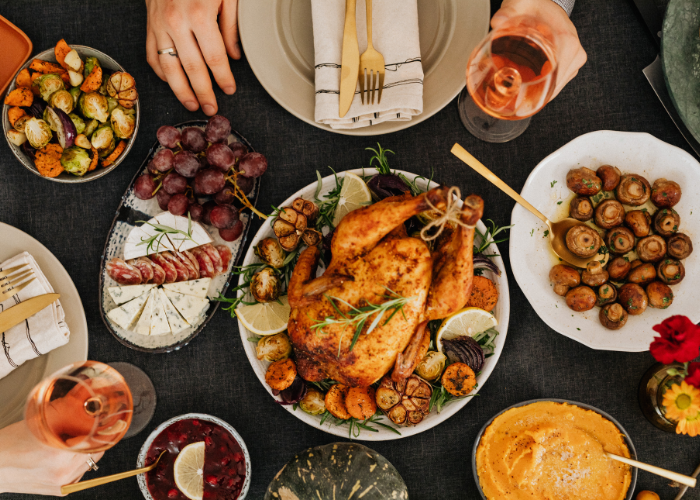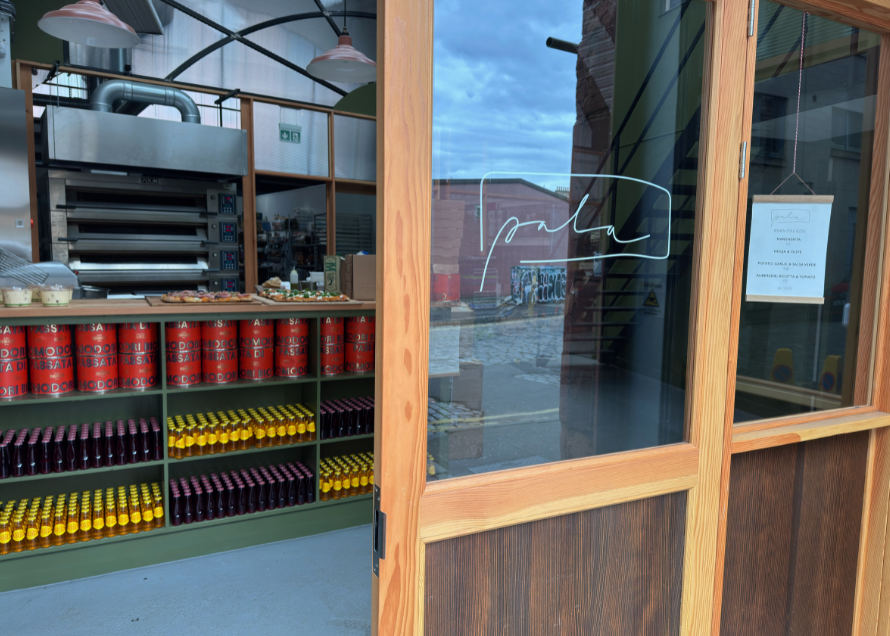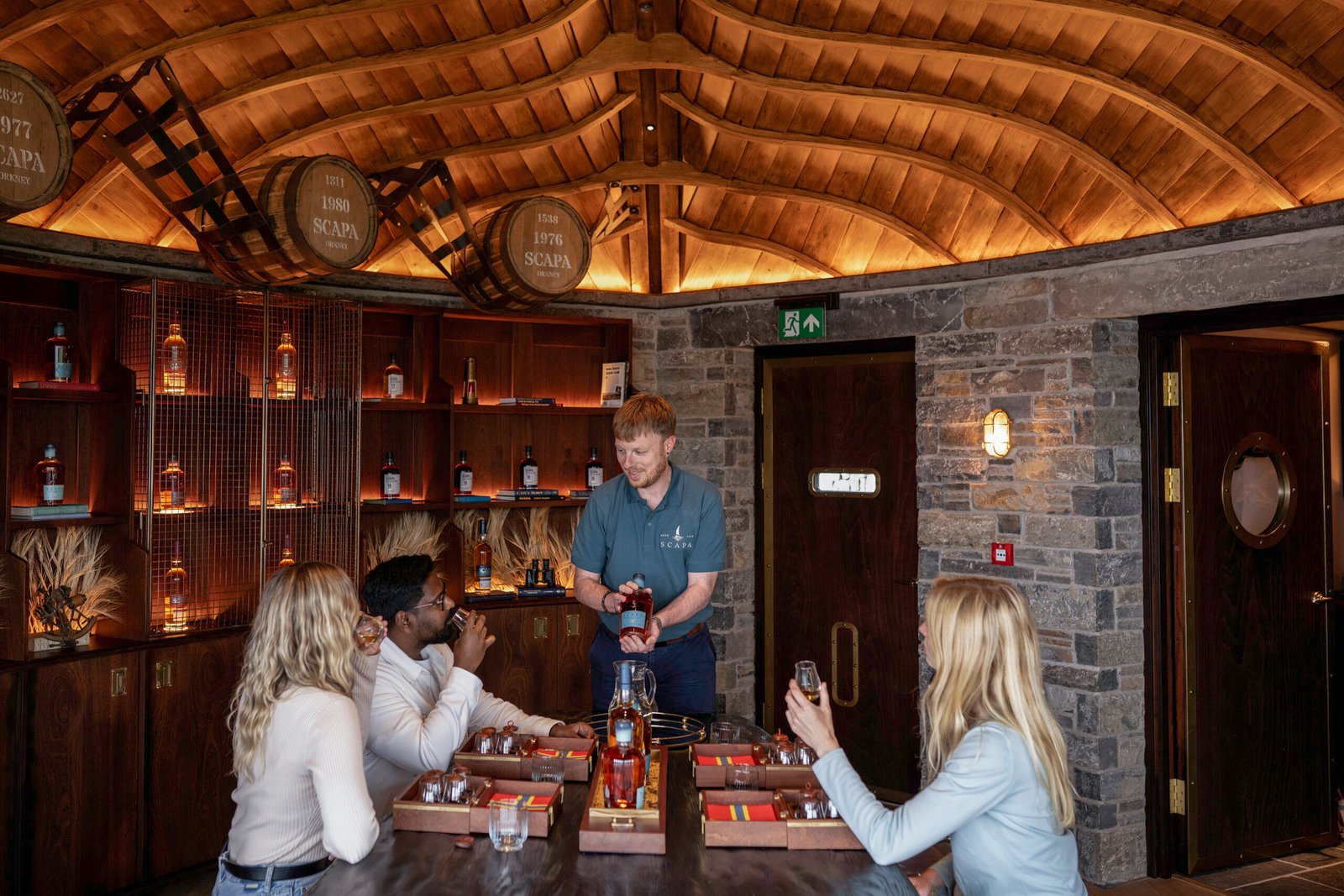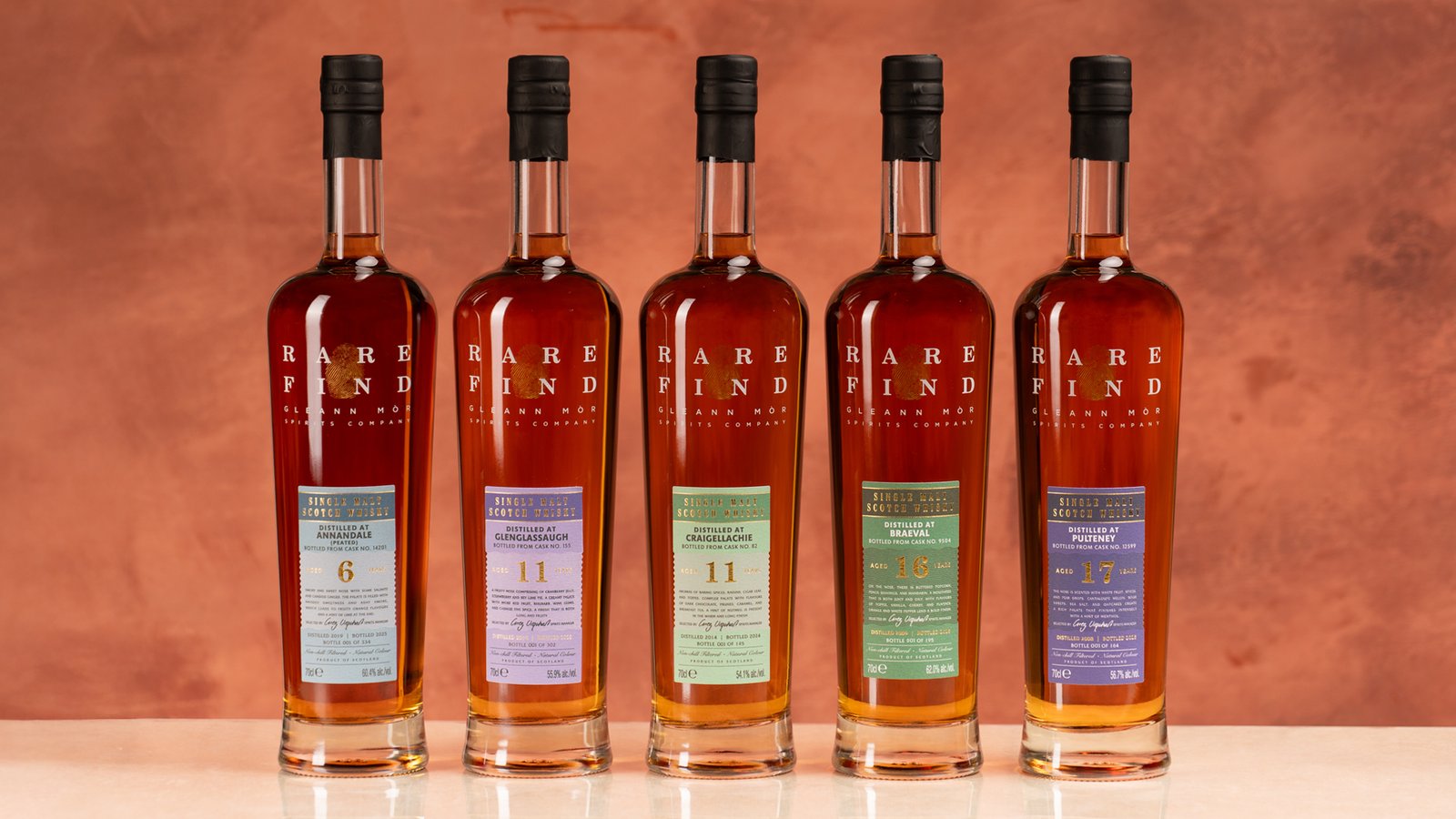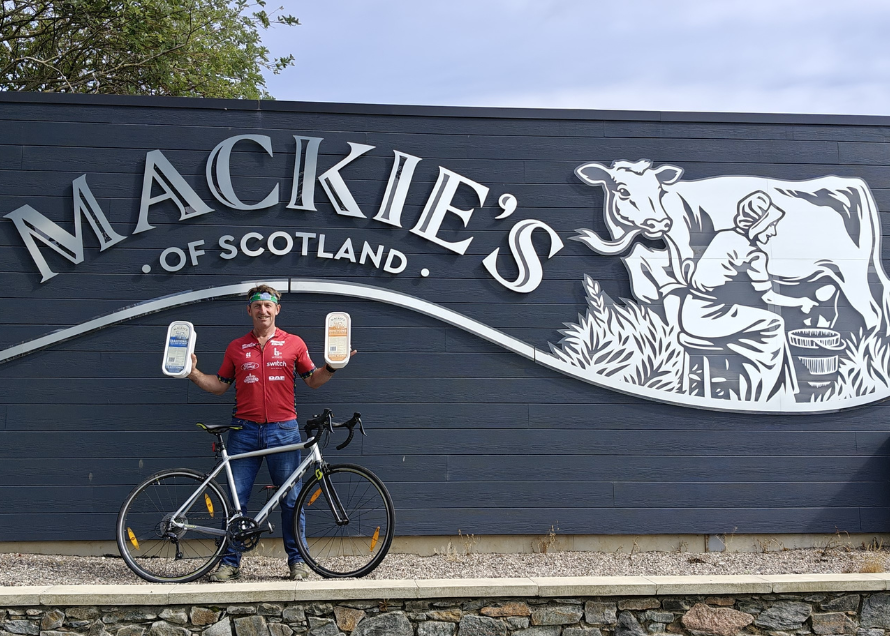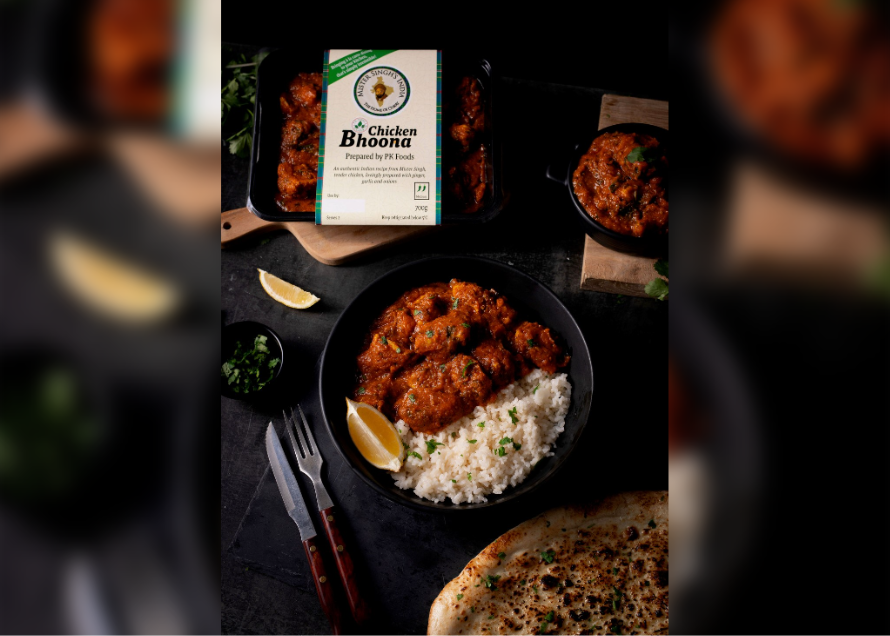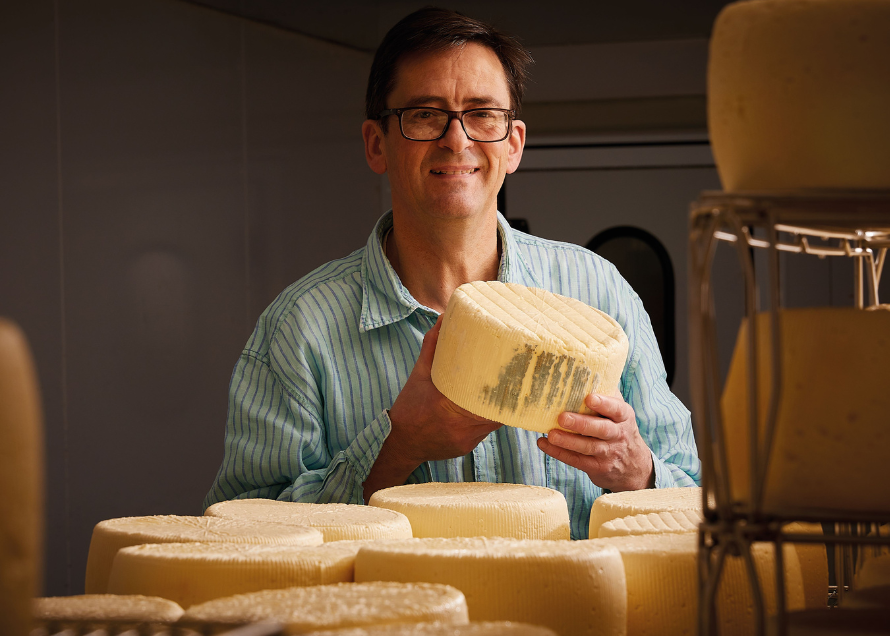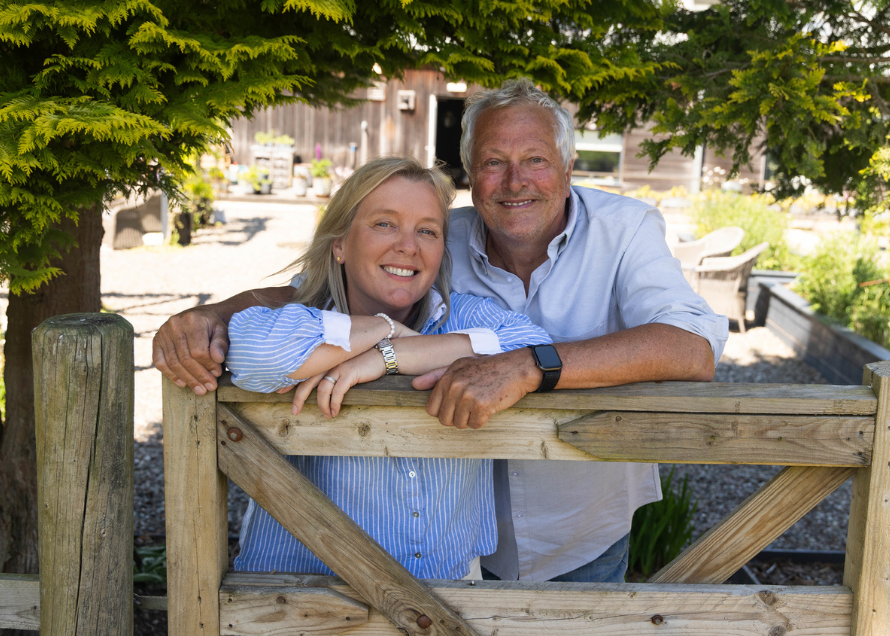Food and Drink Federation Scotland’s Chief Executive Officer David Thomson said:
“The continued fall in food and non-alcoholic drink inflation is good news for households and for food and drink businesses. There remain risks, including geopolitical events impacting shipping and oil prices, and changing weather patterns impacting harvests globally. But manufacturers and the food system more broadly are continuing to shield shoppers successfully from this volatility.
“We continue to actively engage with governments across the UK to ensure they play their part in ensuring food and drink price inflation continues to fall. Plans for ‘Not for EU’ food labelling in Great Britain will push up prices, inhibit growth and cause a drag on investment in our sector. While new border checks are pushing up costs particularly for smaller manufacturers and food businesses, and chaotic guidance from the UK government is heaping pressure on business owners.
“We will work closely with John Swinney and Kate Forbes to ensure they are helping to keep costs down for our businesses; and that our vital food and drink industry is part of Scotland’s economic growth plans.”
Food and drink price inflation fell again in April, to 2.9 per cent from 4.0 per cent in March. While food inflation is falling, prices continue to rise, but more slowly.
The decrease isn’t consistent across all goods. While we have seen prices fall for whole milk, butter and jams and marmalades by 7.4 per cent, 6.8 percent and 4.7 per cent respectively. Olive oil is up by 41.7 per cent, cocoa and powdered chocolate has risen by 19.6 per cent and sugar is up by 10.1 per cent.
